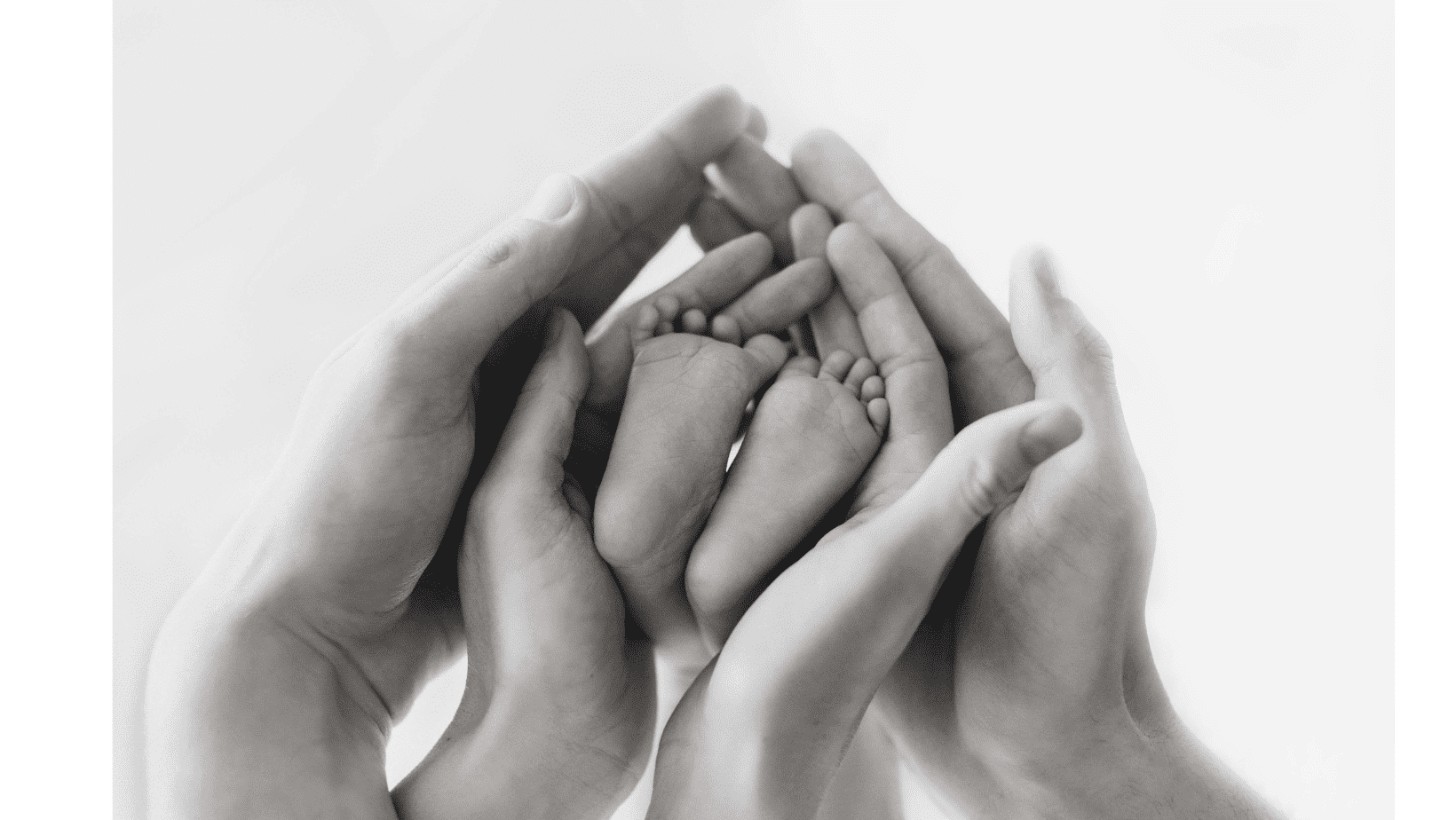By Charlotte Wood
Family finances and planning
Earlier this year, I was delighted to be asked by Tsitsi Mutiti, host of The Wealth Conversation podcast, to talk about family finances and money in relationships.
We enjoyed a candid discussion about how money can impact relationships, and I shared how my husband and I navigated our (relatively smooth) entry into family life!
I can’t claim to have all the answers. Not all our decisions were perfect, but I wanted to help couples consider their options.
There’s no one size fits all solution for managing household finances. Every couple’s relationship will have its own dynamics. Often, there can be a disparity in wealth and assets at the beginning of a relationship. For example, there may be non-negotiable financial considerations where one partner has children from previous relationships.
Financial equality
My husband and I consolidated our finances early in our relationship. What was ‘his and hers’ quickly became ‘ours’.
We were in our mid-20s and had little in the way of assets or savings. Although we were both on the property ladder, there was little equity in our respective homes. Our incomes went into one pot, and all our expenses, plans, savings and lifestyle costs were funded from that one money pool. It didn’t matter who earned more; we had started to live a joint life.
We’ve always had financial equality. Regardless of who was the primary earner or the primary carer, and even before we had children, we acknowledged we were equal partners. Working part-time and looking after our children means my earning ability is limited, so feeling valued for my non-financial contribution is also important to me.
You may have different arrangements that recognise your salary and savings or the proportion of household income you contribute. Perhaps you feel it’s fairer if you pay a percentage of the bills and outgoings. For many people, this works well. It requires honesty, openness and flexibility. You’ll find more information in our blog: Financial Frankness in Relationships.
Preparation
The costs of having a baby may seem overwhelming. Childcare is costly, baby stuff can be expensive, and income during parental leave is likely reduced.
A recent article in The Times suggests the average cost of raising a child to 18 is £202,660 (£938 a month). If you decide to go back to work, childcare costs make up a significant percentage of your extra spending. Recent government figures suggest parents in England and Wales spend £242 a week for 50 hours of full-time care for a child under two.
You’ll have heard parents say that they’d still be saving if they’d waited until they thought they could afford a baby!
It’s sensible to plan and prepare, but ultimately you may decide to take the plunge! Try the government’s Money Helper online tool to help you budget for the costs and extra expenses.
The self-employed option
Although not my primary driver for making a change, I decided to become self-employed in 2017, before we had any children to consider. I wanted more autonomy and control, and this flexibility was key to our family life.
In any profession, going self-employed at any time is likely to reduce income, even if only temporary. It’s crucial to have a savings buffer and limit your spending.
It may take 6-12 months to start generating a consistent income when going self-employed and over 12 months to become more comfortable. Of course, this will vary depending on your industry, experience, and overheads.
My husband and I took some significant risks that paid off for our family. Plan B included selling the house, and I’m overjoyed that it didn’t come to that! Four years on, we’re in a better position financially and successfully balancing personal, family, and work life.
Freedom, control and flexibility
I often reflect on the timing of my decision to become self-employed. What if I had waited until later in life? I know many parents who would like the freedom, control and flexibility of running their own business after having children. However, childcare costs mean that any transition away from the relative security of an employed role is so much harder to rationalise. I expect it feels riskier too.
Looking back on our situation, there’s no way our savings would have lasted the 12 months needed to build a new business if we also had childcare costs. I may never have made the transition to a part-time, self-employed role. More than likely, I would have taken an employed position to secure a regular guaranteed income, making me a less present parent for my children and, in all honesty, feeling unhappy and unfulfilled.
I encourage couples to consider their career options and choices long before having children. Early planning and preparation can help you find the work-life balance you want.
Connect with Charlotte and Mary on LinkedIn
Or book a no obligation call with us HERE




